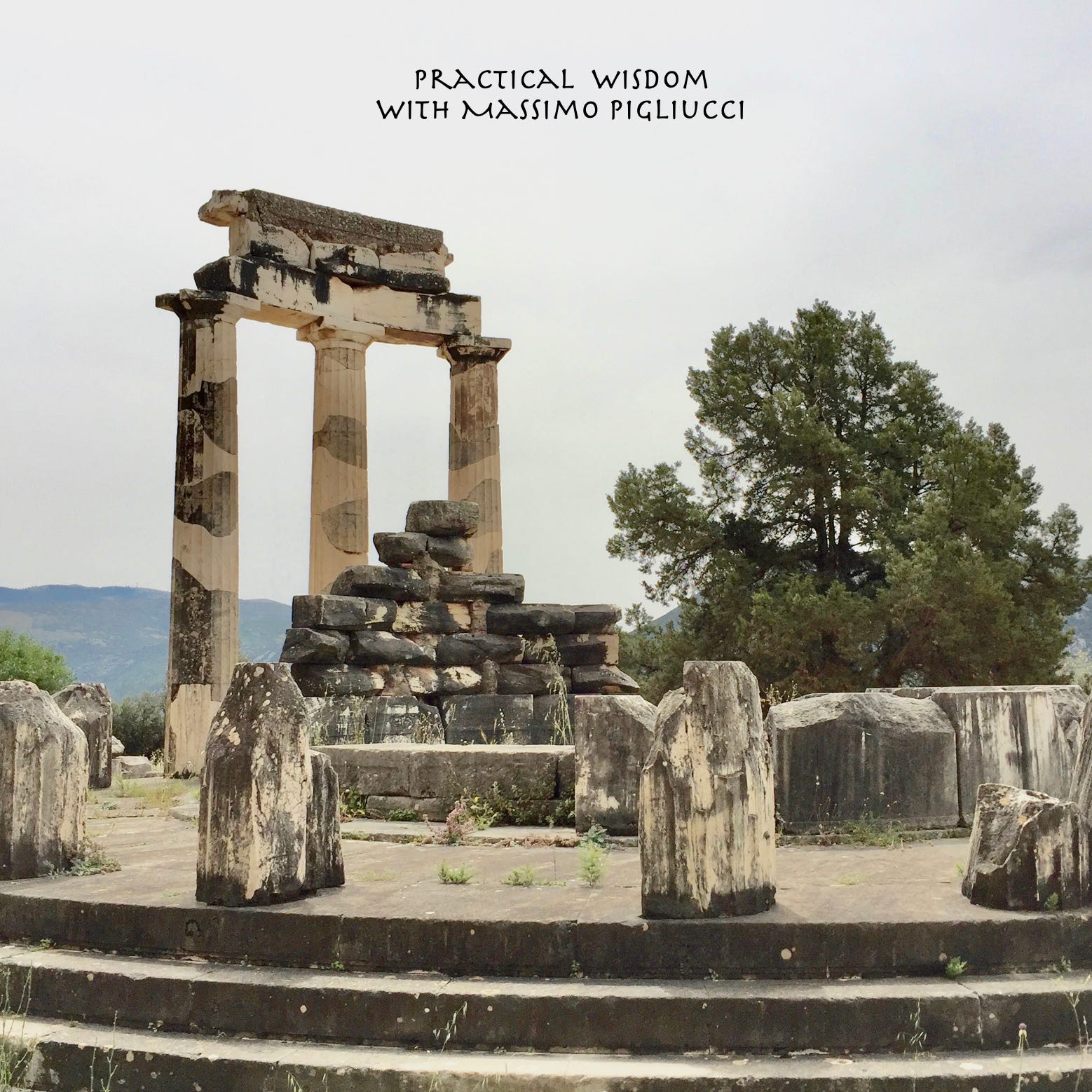“SOCRATES: Now, Nicias, could you explain it to us again from the beginning? You know we started our discussion by considering bravery as a part of goodness?
NICIAS: Yes, I do.
SOCRATES: So you did agree with our answer that it’s a part, and hence that there are other parts, which are known collectively as goodness, didn’t you?
NICIAS: Yes, of course.
SOCRATES: Now, you mean the same by these parts as I do, don’t you? For me, besides bravery, the list includes self-control, fairness and other similar qualities. Isn’t it the same for you?
NICIAS: Certainly. …
SOCRATES: [But] bravery can’t only be knowledge of what is fearful and what is encouraging, because like other kinds of knowledge it understands not only the future stages of good and evil, but also the present and the past.
NICIAS: Apparently so.
SOCRATES: So the answer you gave us, Nicias, covers only about a third part of bravery, whereas we asked what bravery is as a whole. And so now, it seems, on your own admission, bravery is knowledge not only of what is fearful and what is encouraging, but according to the way you describe it now, of pretty well the whole subject of good and evil, regardless of time. Does that reflect your change of mind, or would you put it differently, Nicias?
NICIAS: No, That’s how it seems to me, Socrates. …
SOCRATES: So, What you’re now describing, Nicias, won’t be a part of goodness, but goodness in its entirety.
NICIAS: So it seems.
SOCRATES: But we did say that bravery is only one of the parts of goodness.
NICIAS: Yes, we did.
SOCRATES: But what you’re now describing appears not to be so.
NICIAS: No, it seems not.
SOCRATES: So we’ve not discovered what bravery is, Nicias.
NICIAS: No, apparently not.”
(Laches, 198a-199e)
This is a public episode. If you’d like to discuss this with other subscribers or get access to bonus episodes, visit thephilosophygarden.substack.com/subscribe
